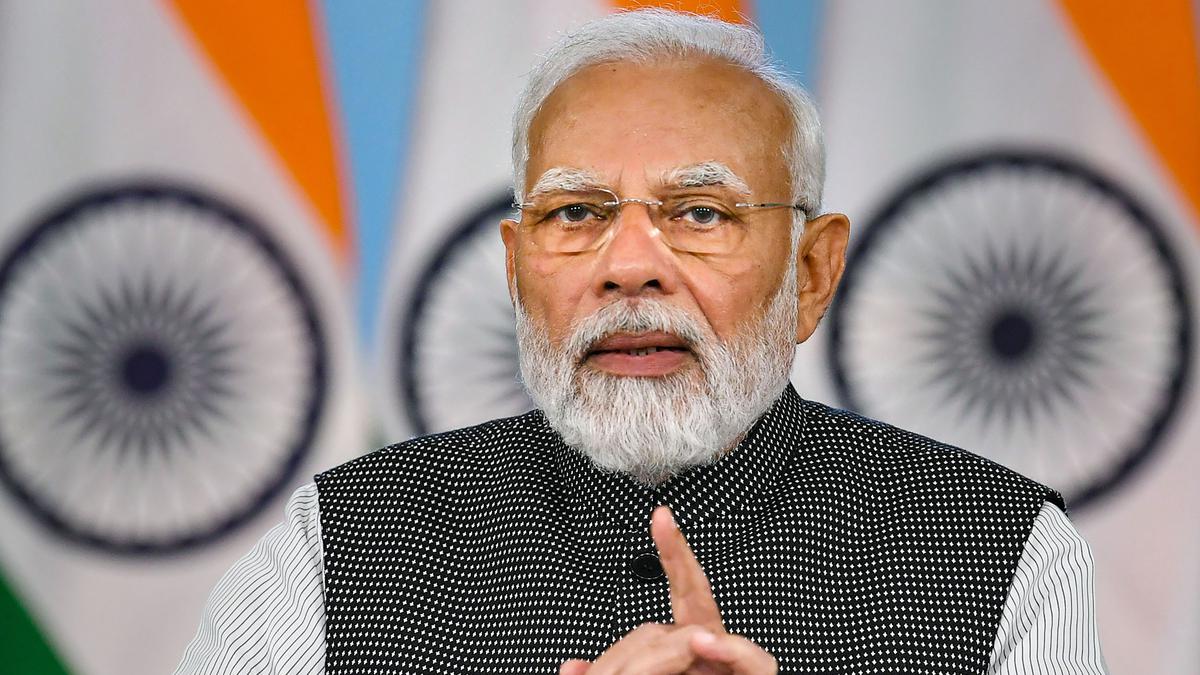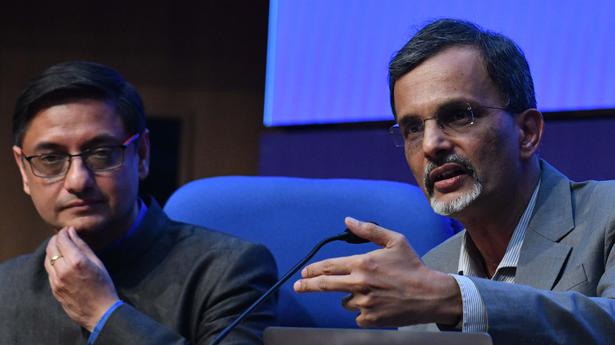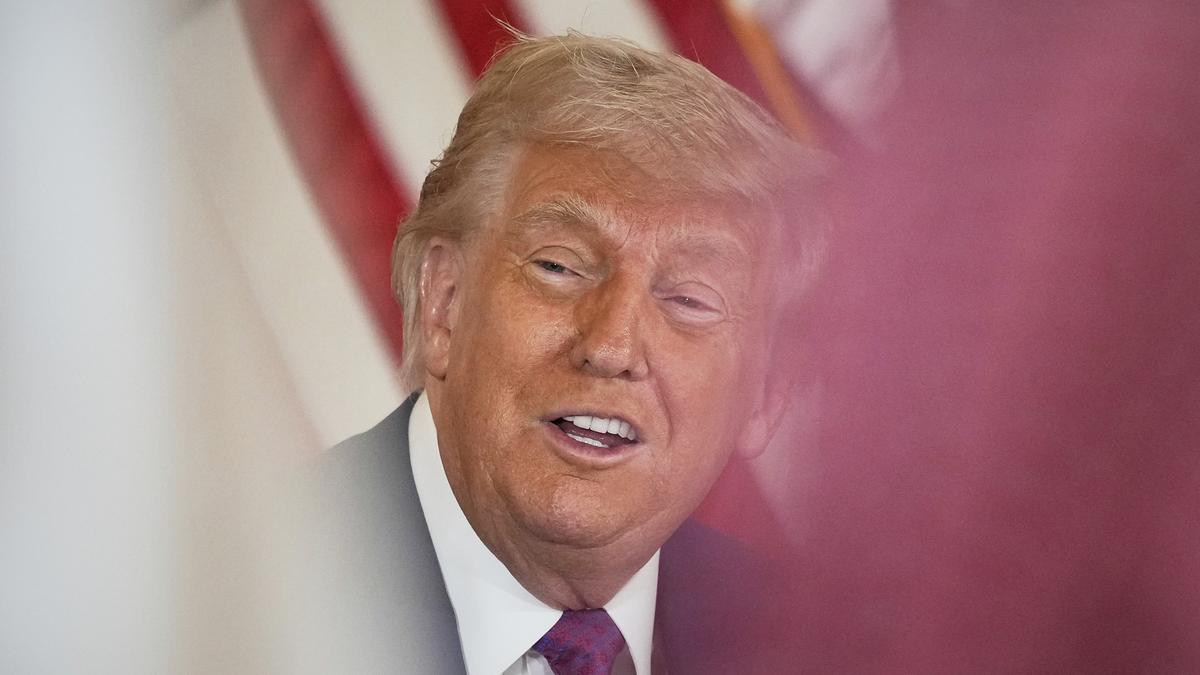Prime Minister Narendra Modi addresses the Budget Webinar on ‘Reaching the last mile’, via videoconferencing, in New Delhi on February 27, 2023. Photo: Twitter/@PIB_India via PTI
Prime Minister Narendra Modi on February 27 emphasised the importance of good governance for reaching the last mile, saying such an approach will have no scope for discrimination and corruption. Mr. Modi also underscored backwardness among Pasmanda Muslims as he highlighted his government’s efforts to reach out to the most deprived sections of society with its various welfare schemes.
In a post-Budget webinar on “Reaching the last mile”, the Prime Minister said his government is launching a special mission for the most deprived among the tribals.
Also read: Budget 2023 updates | Income tax relief, sops for women, scheme for artisans, and more
“We have to quickly provide various facilities to our tribes people in over 200 districts and over 22,000 villages of the country. Similarly among our minorities, especially among Muslims we have Pasmanda Muslims. How we have to take benefits to them… as they even today after so many years of Independence remain far behind,” he said.
The backward sections of Muslims are described as Pasmanda Muslims.
Mr. Modi said the policy of saturation, a reference to maximum coverage of various schemes, and the approach of reaching the last mile complement each other.
The Prime Minister said along with money, political will is needed for development and asserted that the development of tribal communities has been a priority for his government.
Also Read: Key Highlights from Union Budget 2023-24
Emphasising the importance of good governance and constant monitoring for the desired goals, he said, “The more emphasis we put on good governance, the more easily our goal of reaching the last mile will be accomplished.” For the first time, he asserted, the country is tapping the huge potential of its tribals at this scale, adding that the latest Union Budget has paid special attention to taking the mantra of reaching the last mile to tribal and rural areas.
This post-Budget brainstorming is important from the point of view of implementation and time-bound delivery. This also ensures proper utilisation of every penny of taxpayers money, he said.
A “whole-of-the-nation” approach is needed to rapidly provide facilities as a special mission for the most deprived among the tribal community, he said.
In the context, the Prime Minister said the aspirational district programme has emerged as a successful model in terms of reaching the last mile.
Also read: Union Budget 2023, political reactions live
Monday’s address was the fourth in a series of 12 post-Budget webinars organised by the government to seek ideas and suggestions for the effective implementation of the initiatives announced in the Union Budget 2023.
Mr. Modi gave the example of new approaches in the immunisation and vaccine coverage in Mission Indradhanush and the Covid pandemic to illustrate the power of good governance in the last mile delivery. He said as opposed to the earlier practices when the poor ran after the government for basic facilities, now the government is reaching the doorsteps of the poor.
“The day we decide that every basic facility will be provided to every citizen in every area, then we will see what a big change will come in the work culture at the local level. This is the spirit behind the policy of saturation. When our aim is to reach everyone, then there will be no scope for discrimination, nepotism and corruption,” he said.
He said work has started on more than 60,000 “Amrit Sarovars” and 30,000 of them have already been constructed. Thousands of crores of rupees have been allocated to the Jal Jeevan Mission for making drinking water available in rural areas, he said.
Till 2019, only three crore houses in rural areas received piped drinking water and their numbers have now crossed 11 crore, he noted. “These campaigns are improving the standard of living of those Indians living far and wide, who have been waiting for such facilities for decades. We do not have to stop here. We also have to review what can be done to further strengthen the water committee,” he added.
The Prime Minister asked stakeholders to discuss ways of linking housing with technology for finding ways of making strong but affordable houses, finding easy ways of benefiting from solar power and group-housing models acceptable in both urban and rural areas.
He noted that this year’s budget has kept ₹80 thousand crore for housing for the poor. A target has also been set in this budget to completely get rid of sickle cell disease. For this “whole of the nation approach” is needed, he said, noting every stakeholder related to health will have to work fast.





